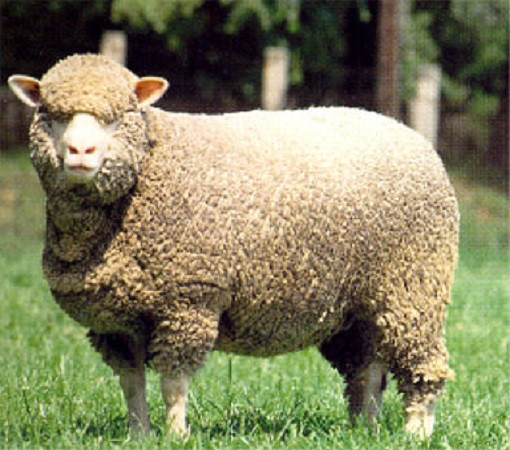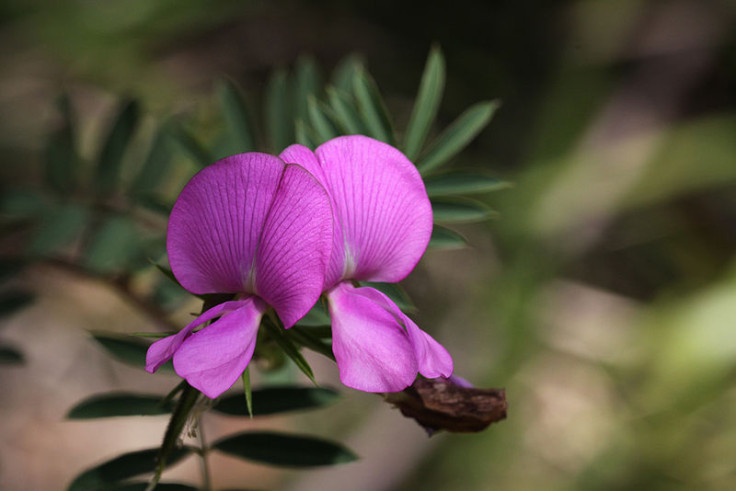Australian Sheep Hooked on Deadly Darling Pea Drug 'Didn't Know What Planet They Were On'

An Australian sheep farmer has narrated how his flock became hooked on a deadly weed called 'the Darling Pea' and started staring into space and behaving erratically.
Tony Knight, from New South Wales, told AFP he lost almost 100 sheep of his flock of 800 to the drug after they started grazing on it following fires that swept through the area last year.
Darling Pea is a purple flowering plant that grew in abundance following the fires. Knight said he thought it looked like ideal stock feed, but soon realised it was highly toxic.
"To start with, they will do quite well when they first get on to it and their condition will pick up," he told the news agency from his farm in Coonabarabran.
"But once it gets them addicted, it's just a drug – it goes from becoming their best friend to their worst enemy.
"You will see them in a paddock - usually they are on their own. They do a lot of star gazing. They do a lot of trotting around with their heads in the air. The dogs get very confused because (the sheep) don't behave like they should."
After the drug takes hold, it affected their nervous system, resulting in mental and physical deterioration: "They didn't know which planet they were on. They were all spaced out."

Knight said his sister-in-law had lost 800 of her 14,000-strong flock after sheep ate the plant.
Greg McCann, a vet, told The Land that Darline Pea attacks an enzyme in the brains of animals: "They lose the ability to judge where their feet are. They become wonky, fall over, appear to be blind, walking into things
"They can assume funny postures, like head bent down or head bent back, but the one thing that was seen in the cases associated in the Coonabarabran area were twitching."
Brian Sindel, an expert in weed science from the University of New England, said infestations as seen in parts of Australia normally occur every five to 10 years.
"With little other feed available, the livestock are more likely to consume large quantities of the weed, which is of course poisonous, containing the alkaloid swainsonine.
"Some animals appear to develop a liking for the plants and actively select them from the feed available."
Because the weed is a native plant and some varieties are endangered, permission is needed to use weed killers or pesticides to manage them, meaning the only solution to getting rid of it is to let the sheep consume it: "It's ironic but it seems that the best way to control it is with livestock," Knight said.
© Copyright IBTimes 2025. All rights reserved.






















